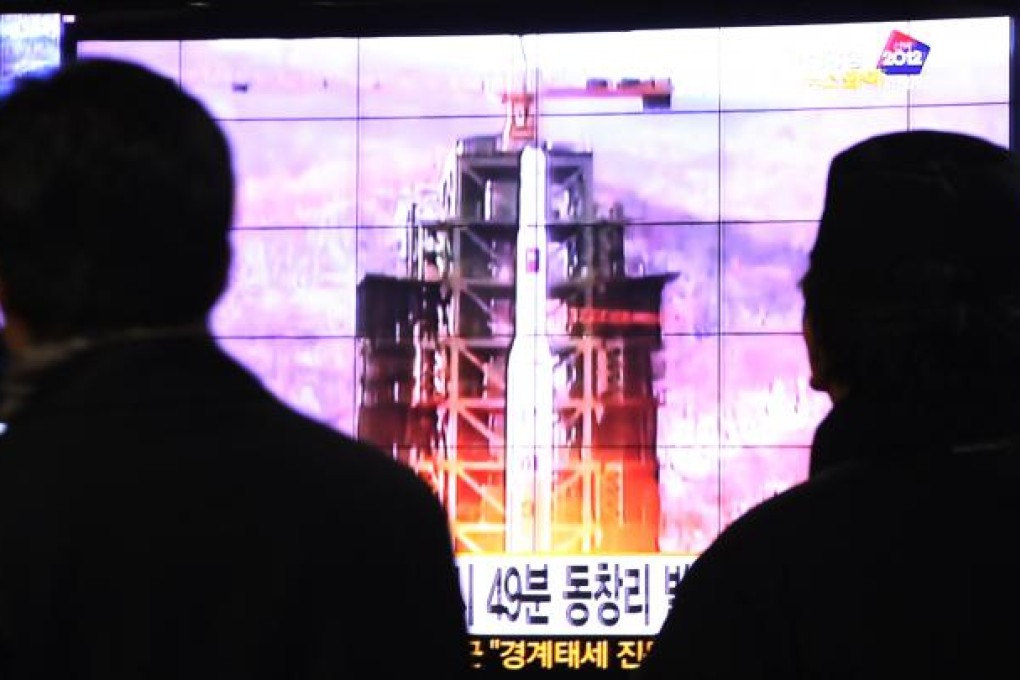Experts divided over North Korean rocket's political target
Everyone agrees one big aim of North Korea's rocket launch was to influence others abroad

North Korea's rocket launch marked a huge leap in its strategic capabilities, but given its timing, experts are divided over who the launch was aimed at influencing.
With South Koreans going to the polls to elect a new president on December 19, some believe that the timing was aimed southward, particularly given that the South's own space programme is moribund. South Korea has twice failed to launch a satellite. A third attempt is on hold, because of technical problems.
Seoul's presidential race is between two candidates. On the right, Park Geun-hye; on the left, Moon Jae-in. Moon is more favourable toward North Korea than Park, saying he will restart the "Sunshine Policy". Moon was formerly chief-of-staff to the late president Roh Moo-hyun, the most enthusiastic champion of unconditional engagement.
But even Park wants more engagement than the current Lee Myung-bak administration. Lee's hard-line approach held humanitarian aid in a (failed) attempt to pressurise Pyongyang into halting its nuclear programmes.
If anything, North Korea's launch is likelier to favour the left.